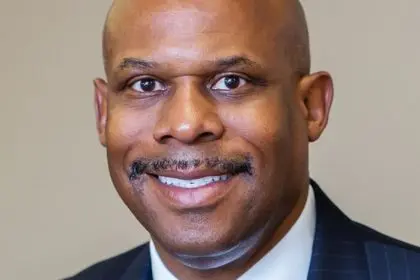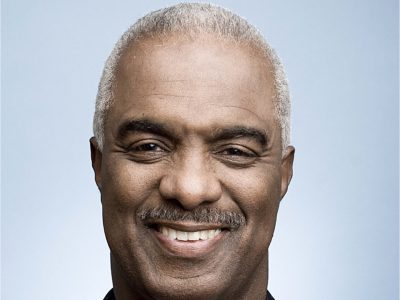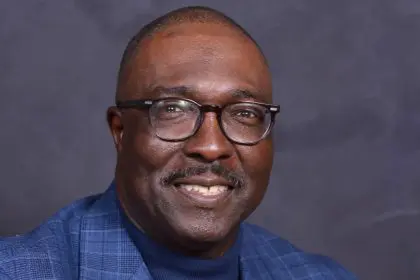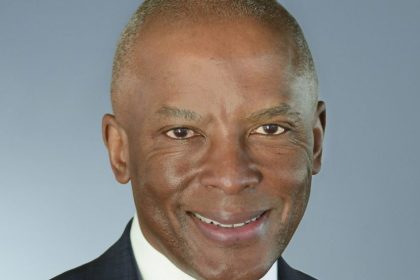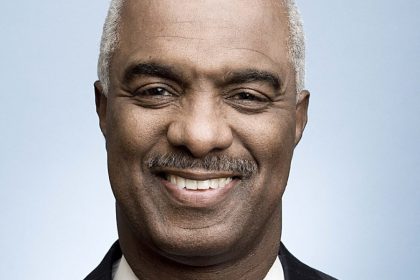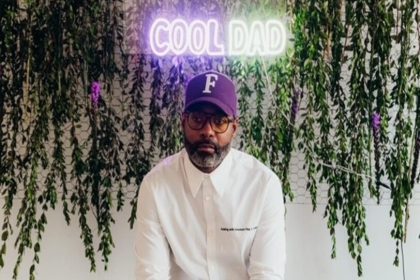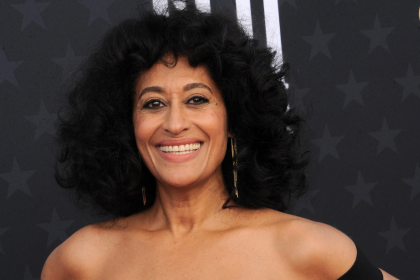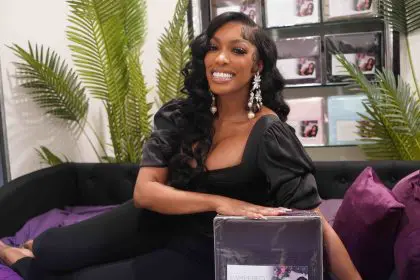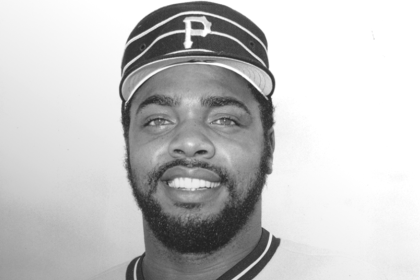Diriki T. Geuka, Esq., a corporate attorney and dedicated mentor, is making waves in Atlanta’s professional and academic communities. As President of the Emerging 100 of Atlanta, the young professional auxiliary of the 100 Black Men of Atlanta, Diriki’s leadership extends beyond the board room into the heart of community outreach. With a sharp legal mind honed through complex mergers and acquisitions, and a history of impactful service at both federal and local levels, he is not only an advocate for corporate excellence but also a champion for the next generation of leaders. His dedication to HBCU AccessFest exemplifies his commitment to empowering young scholars and fostering meaningful connections between Atlanta’s rising stars and seasoned professionals.
Hey, everybody! This is Munson Steed, and welcome to CEO to CEO, where we talk to some of the most dynamic leaders in the community. I’m so proud of the HBCU Access Program happening at the symphony. We find those individual CEOs who are graduating. He’s going to introduce himself and let us know the vision that he has, and why he’s participating at this moment with making a difference in those future leaders and future individuals that are coming to the Atlanta Symphony, Woodruff campus to be involved.
Hey! How are you, Munson? Thanks for having me and your entire team. My name is Diriki Geuka. I’m a corporate attorney by day at Townsend and Lockett law firm, based in Midtown Atlanta, but I’m also the president of the Emerging 100 of Atlanta, the young professional auxiliary of the 100 Black Men of Atlanta. We’re so happy to partner with the Atlanta Symphony Orchestra at the Woodruff Arts Center for the second year in a row at their HBCU AccessFest, because exposing deserving scholars in the Atlanta metropolitan community and beyond to these historic institutions is really near and dear to our hearts.
Since 2010, we’ve given away over half a million dollars in scholarships to deserving scholars. Part of our mentoring and tutoring initiative is to expose children to the world of higher learning, and HBCUs are a cornerstone of that mission and have historically done so much to elevate what we know as the Black middle class in the U.S. So, we’re happy to partner with the Atlanta Symphony Orchestra, and we’re happy to be here to talk with you. Thank you.
Thank you. Why is outreach and mentorship so important for young people as they are developing their vision of themselves?
In the 100 Black Men of America family, we have a saying that goes, “What they see is what they’ll be.” I didn’t know what a corporate attorney looked like, but when I found myself in law school, and folks asked me what I wanted to be, I remembered that my mom had visited a business attorney. She’s a small business owner down in Florida, and I kind of shrugged my shoulders and said, “I guess I kind of want to do what he did,” because that was the first interaction with an attorney that I had.
The 100 Black Men takes it several steps further. They want to be intentional in making sure that not only young children have access to a myriad of professionals, but that they have access to those professionals in a very regimented, structured manner on an ongoing basis. So, we do character development sessions at Atlanta Public Schools’ BEST Academy, as well as with a number of college institutions in the Atlanta area, including Morehouse and Spelman, which we’re very proud of. We’ve seen some of those students that we were mentoring just a few short years ago go on to enter the same career fields that we now occupy as young professionals. We’re able to provide that bridge from high school to college to early career transition, which is incredibly important. The HBCU AccessFest is really an important cornerstone of that work because we’re able to work with some very senior C-suite executives who come in and expose our children to them as well.
You talk about that, but even hands-on, if a person could just shadow you, actually mentoring some of those individuals at Morehouse and Spelman, what’s it like?
Yeah, great question. We recently did mentorship training, and another law firm, Jones Day, was kind enough to grant us the space where we could bring in a number of our members to talk about the importance of mentorship and how to actually mentor children. One of the icebreakers that I think we took away from it is: You can first humanize yourself. If you’re from an underserved community in the Atlanta metro area, Atlanta can be a very segregated city. You’ve got children in Bankhead who haven’t spent a significant amount of time in Piedmont Park or Buckhead, or in Midtown. So, for a city with this much wealth, it can be very difficult for people from underserved and under-resourced communities to have connections with folks that we might interact with on a regular basis.
The first thing we try to do is just humanize ourselves. I might talk to a young brother who likes watching anime. I like watching anime. You might not think that an attorney would be interested in that, but I’m a person just like they are. So, if you were to shadow us or observe some of these early interactions, the first thing we’re trying to do is present ourselves as being similar to the students that we’re mentoring. I think that has paid dividends for us in deepening our bond with them and making sure they feel confident that they are looking at someone who is a mirror reflection of themselves, and that they can be like us. There’s really not that much difference between us and the students we’re serving, except that we’re just a couple of years older. Maybe we made a few mistakes that we can help them avoid. This has been an incredibly successful tactic, and I’d encourage anyone who wants to be a mentor to focus on your human experience when initially engaging with a mentee.
Last year, when you first engaged with the HBCU Access program, what were the key takeaways from the experience of building something special in the city where you live? So there’s this cross-cultural connection between an institution like the symphony and the very fabric of the community. You, as a young corporate attorney, Atlanta Influences Everything, and individuals like Jay Bailey at the Russell Innovation Center for Entrepreneurs, are literally bringing that community forum to a cross-cultural experience.
Absolutely. A few takeaways I got: There are a number of programs that some of the executives who participate in the HBCU Access Fest have, and they are aimed at early-career talent. Some of the students that we were able to expose to these executives through the program were put at the top of the list because they were so impressive. They had been instructed on how to interact with people who are working at some of the most renowned institutions around the city.
In the Emerging 100 of Atlanta, we have a number of corporate sponsors — Delta Airlines and Gas South are two that come to mind — that have been long-standing partners with us. When we mentor these students and give them organic advice on how to navigate these interactions, we’ve seen a direct impact from the event last year on their careers. Another important thing is that we help demystify the process of interacting with new people. Even professionals in my organization, who are very successful, attend networking events, and it’s tough. You walk into a room with 50, 60, or 500 people, and where do you start if you’re trying to make a connection?
Having us there to help facilitate the interaction between young, bright, talented scholars and seasoned professionals who are looking to do good and give back really accelerates the networking process. By the end of the event, the executives are happy and feel like their time wasn’t wasted, and the students feel empowered, showcasing the skills they’ve been honing for years at their institutions.
Lastly, knowing that it happens as a partnership with the symphony, the unexpected cultural exchange, what do you think it says about the legacy and future of Atlanta in terms of cross-cultural integration and seeding a future that we may not see yet but are developing? Both Maynard Jackson and [William] Hartsfield had visions of allowing people to have the journey of success and own this city.
Absolutely. Atlanta has been called “the city too busy to hate.” When you look at the political climate nationwide, I’m just so happy that the folks at the Atlanta Symphony Orchestra, the Woodruff Arts Center, and their community partners have decided to look past the apparent strife in the community and do something purely good to help a segment of the population achieve that dream you mentioned. That dream is at the core and essence of what Atlanta is.
Last year, it was really special. We got to take a number of our students to see the symphony’s rendition where they played the soundtrack to Black Panther. The symphony had a partnership with Disney at that time to broadcast the film and play the soundtrack. Having our students spend a day networking, being around minority vendors, and elite C-suite executives, and then sitting in Symphony Hall — where it was their first time visiting — watching Black Panther was incredibly powerful. Several people from my organization remarked that it was one of the most impactful experiences they’d had. Atlanta does a really good job at creating those experiences for people because it’s a city that does a lot of good. I’m proud of the partnership, and I hope we can continue to support it for many more years.
Well, I want to thank you for coming on CEO to CEO. We look forward to future visions that you have, which will be realized because you’re a man of action. Thanks so much for turning up and sharing your vision with our community here on CEO to CEO. Thank you so much.
Thank you so much, Munson. It’s been a pleasure.

